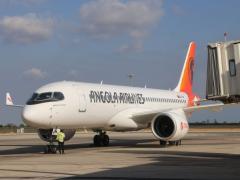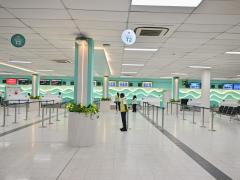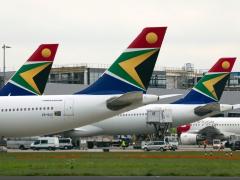Agents are required to provide CTCM/CTCE details in airline bookings or risk receiving an ADM, according to an IATA resolution. However, agents say airlines are misusing these details for unsolicited marketing, sparking concerns over regulatory breaches and uneven enforcement.
IATA’s 830d Resolution requires agents to include passenger contact details “to advise passengers of irregular flight operations and disruptions”. However, agents are required to ask passengers if they want to provide their contact details.
In a Travel News poll, around 93% of agents said they had not received an ADM for incorrect CTCE and CTCM entries in their PNR.
“Travel advisers should not be receiving ADMs for missing CTCE/CTCM details if alternative contact information, such as the agency’s own details, has been provided. This practice respects both regulatory requirements and clients’ privacy preferences,” said Otto de Vries, ASATA CEO.
Marketing concerns
Agents have alleged that IATA’s 830d Resolution is being misused for direct marketing. “The ongoing challenge lies in the lack of consensus between airlines and agents on what truly constitutes ‘operational purposes’ for collecting client contact information. While there is a legitimate need for airlines to communicate essential operational updates, some carriers have stretched this definition to include marketing communications, which goes beyond what was originally intended,” said De Vries.
David van den Heever-Liebenberg, Travel Director and Co-Founder of Mr and Mr Jones Boutique Travel Management, said he had seen direct marketing from airlines in many forms:
- Some airlines send SMS messages asking you to join their loyalty programme if you have not yet done so, or if your FQTV isn’t in the PNR
- Reminders about your upcoming trip with “opportunities to upgrade”, “purchase additional baggage”, or “purchase preferred seating”
- Opportunities to purchase flight bundle packages. This drives business direct from the passenger to the airline
- Some notices promote their social media pages
“These are forms of spam, as no one agreed to be contacted for marketing purposes, unless they specifically opted for it when they accepted a terms and conditions,” said Van den Heever-Liebenberg.
He said this went against the IATA Resolution 830D, paragraph 4, which states: “Members and BSP airlines shall use these contact details exclusively for the purpose of operational notifications, e.g. flight cancellations, schedule change, etc. and shall not use the contact details for sales and marketing purposes.”
Jenny Kutlu, owner of JMC Travel, said she received numerous emails daily from airlines inviting passengers to bid for an upgrade, add extra baggage and more. “All this is in fact marketing, so therefore, details inserted into bookings as per the airline requirement are most certainly not utilised for what the IATA ruling stipulates.”
Industry concerns
Van den Heever-Liebenberg is concerned that this requirement is being abused by most airlines and is not being monitored and regulated. “Airlines are using this as a tactic to lure passengers to deal directly with the airlines, and is against the regulations of the IATA Resolution 830d. Airline systems are also constantly under cyberattacks where scammers are hacking their systems to gain any information they can.”
Agents are often the first to suffer the consequences. “As agents we have so many rules that we need to abide by as we are the first ones that will get an ADM if we abuse the GDS. I know these are standard operational things, but we get fined if we don’t adhere to them,” said Van den Heever Liebenberg.













